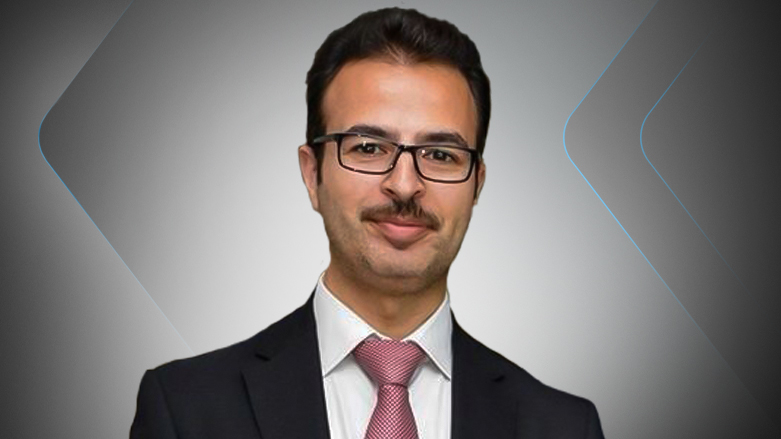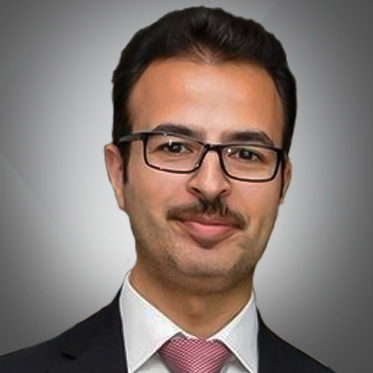The KRG’s ninth cabinet: On the road toward eliminating corruption

The Kurdistan Region has faced challenging times since the fall of former Iraqi dictator Saddam Hussein in 2003. One of these issues is combating corruption and establishing an effective government that can take the Kurdistan Region toward growth and development and turns it into a corrupt-free, modernized country.
There have been some notable accomplishments by the Kurdistan Regional Government’s (KRG) ninth cabinet, led by Prime Minister Masrour Barzani. The current government’s primary mission is to eliminate corruption. But what steps have been taken to achieve this goal, and to what extent has it been met?
Firstly, government departments’ working hours and, subsequently, government employees’ work ethic has improved. It is now compulsory for government employees to report to work at 8 a.m. and leave no earlier than 3 p.m.—this was not the case in the past. This rule has been applied across all government ministries and departments, including civil, military, and elsewhere.
The Kurdistan Region has over 1.2 million government employees out of an estimated seven million people. The change has obviously affected a lot of people. The Kurdistan Region has what is considered a considerable “welfare state,” where a significant portion of the population works in the public sector. Previously, the work ethic and commitment to working hours were absent. With this change, however, it is improving considerably.
At the same time, the KRG’s ninth cabinet has reduced certain illegal practices such as “fluke” government employment, called bin diwar in Kurdish. A fluke employee is someone who collects a government salary without working. This occurs when a senior member of a particular government department takes a portion of the income of an “absent” government employee, and the employee receives the other part without attending work. Therefore, the 8-3 working-hour rule has been successful in ensuring all government employees attend work, reducing fluke employment.
There is also an increased focus on essential internal infrastructure for public services. Prime Minister Barzani recently announced that 500 billion Iraqi dinars had been dedicated to critical infrastructure projects such as dams, roads, schools, and electricity gridlines for all areas in the Kurdistan Region. These are, indeed, much-needed projects for the Kurdish people. The current state of infrastructure is low. Cities and villages outside of the capital of Erbil capital are often neglected.
Electricity is still insufficient to meet the Kurdistan Region’s needs, schools are overcrowded and underfunded, and roads are in bad condition—there is a lot of work to be done. Efforts in the past have been inconsistent. Erbil has been the main focus of development, where luxury areas are built, and high-end restaurants and cafes erected in the inner city area. Essential “internal” infrastructure was not a priority, and areas outside of the capital have been of secondary importance.
Change in politics is a positive way to reduce corruption. Developed countries usually change senior government posts and bring in new politicians at least every four years, especially at the highest level, such as the prime minister, president, and head of parliament. When new politicians come into government, new ideas and fresh blood are injected into the political system.
The change reduces complacency and corruption in the government because politicians stop taking power and posts for granted and know they have a short time to contribute meaningfully to the proper governance of a state and establish good practices that benefit the whole nation, not just a select few.
Does that mean the KRG’s ninth cabinet is perfect? Of course not. There is still much to be done, and many promises to be fulfilled. A great motivation for the Kurdish people to back the current cabinet even more is if the leadership brings reform, which it has promised to do.
As the saying goes, “Physicians heal thyself.” For people to really buy into the anti-corruption campaign, top officials who are convicted of wrongdoing need to be put on trial in public. This will allow the people to see that not just low-level government employees are being targeted but even high-level officials.
One thing to consider is that the KRG’s new cabinet must be given time to prove itself. But the early signs are so far so good.
Swara Kadir is a UK educated business studies and psychology lecturer with a Doctorate in Psychology. He is also a writer at a leading private school in Erbil.
The views expressed in this article are those of the author and do not necessarily reflect the position of Kurdistan24.
Editing by Karzan Sulaivany
